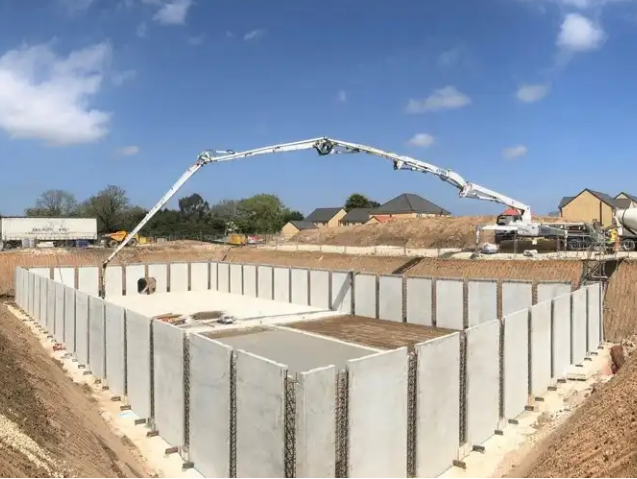Green infrastructure development: The best way to manage stormwater
Stormwater management is
quite challenging in an urban area because there are impervious surfaces all
around. In a natural setting, the soil absorbs most of the water, thereby
allowing the process of groundwater recharging. And, the rest water is diverted
to the nearby streams via watercourses. In rural areas, plants and trees play a
major role in avoiding water pollution and soil erosion by controlling the
water flow.
In cities, as the green cover is
scarce, the stormwater runoff becomes one of the major causes of water
pollution and flooding. When rainwater falls on concrete surfaces, it tends to
flow into storm drains that are directly connected to
waterways. While flowing through the concrete surfaces, the water carries away
pollutants, such as dust, debris, pesticides, oil and ultimately mixes them
into the nearby water body. Moreover, due to lack of pervious surfaces,
waterlogging and flooding can occur frequently. To avoid these issues, it is
important to follow these techniques:
- Installing a stormwater attenuation system can help in controlling the flow of rainwater. It should comprise an attenuation tank and a soakaway. The attenuation tank can collect the stormwater runoff from a specific area. Once the water is collected, it can be diverted into the main drainage system at a controlled rate. Storing the water into the stormwater attenuation tank allows you to treat it before discharging into the drainage system.
- It is important to create a wetland or soakaway pit near the underground attenuation tank. In a natural setting, the wetlands can hold excess water in place, helping in recharging groundwater.
To manage rainwater most
naturally, urbanites need to implement green infrastructure practices,
which include creating permeable pavements, rain gardens, bioswales, vegetative
swales, infiltration trenches, green roofs, planter boxes, rainwater
harvesting systems, and urban tree canopies.
Conclusion- Green
infrastructure practice is a practical and cost-efficient way of managing
stormwater runoff. Combining this technique with a stormwater
attenuation system helps in preventing waterlogging and soil erosion.
Moreover, it also ensures that the groundwater restoration process goes smoothly.
Last but not least, green infrastructure treats stormwater at its source,
thereby avoiding water pollution.


Comments
Post a Comment